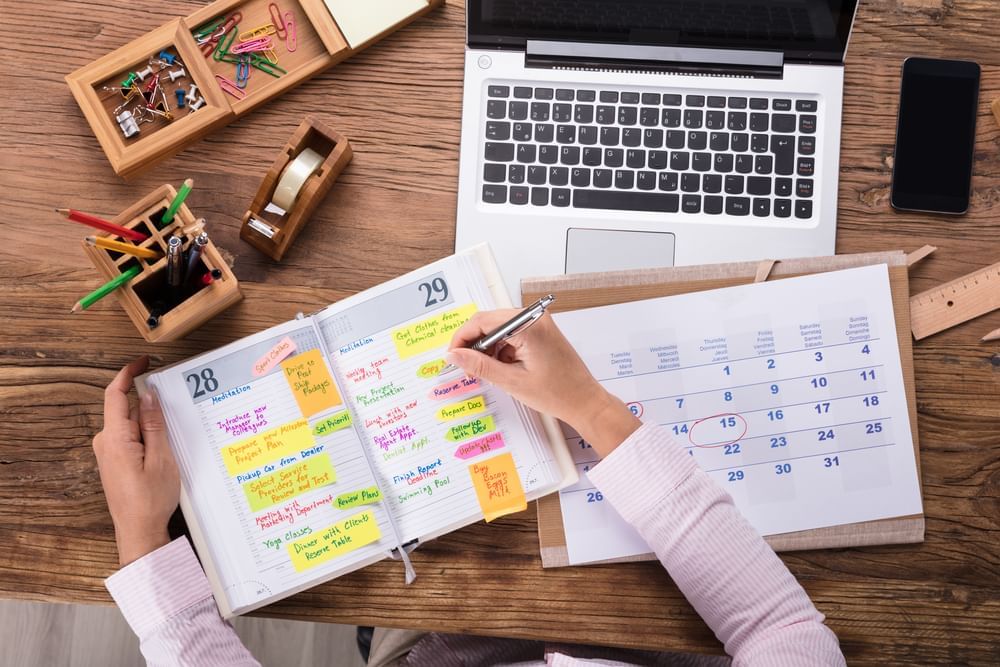Effective Study Tips: Boost Your Focus and Understanding
Contents
- 1 Why Effective Study Tips Matter
- 2 Preparation: Setting the Stage for Productive Study Sessions
- 3 Effective Study Tips to Enhance Focus and Understanding
- 4
- 5 Tips for Boosting Focus During Study Sessions
- 6 Retaining Information: Memory Techniques for Better Understanding
- 7 Additional Tips for Long-Term Success
- 8 Author
Studying effectively is essential for academic success and personal growth. Whether you’re a student preparing for exams or a professional looking to upskill, adopting effective study tips can significantly improve your focus, understanding, and retention of knowledge. In this article, we’ll explore practical and proven methods to make your study sessions more productive and enjoyable.
Why Effective Study Tips Matter
Many students and learners struggle with staying focused and absorbing information during study sessions. Common challenges include distractions, lack of motivation, and inefficient methods. By implementing effective study tips, you can:
- Enhance your concentration.
- Improve comprehension of complex concepts.
- Retain information for longer periods.
- Reduce stress and procrastination.
Preparation: Setting the Stage for Productive Study Sessions
Before diving into your study material, it’s crucial to create an environment conducive to learning. Here are some preparation tips:
1. Create a Dedicated Study Space
- Choose a quiet and clutter-free area.
- Ensure adequate lighting and a comfortable chair.
- Keep all necessary materials within reach.
2. Set Clear Goals
Define what you aim to achieve in each study session. Break down larger tasks into smaller, manageable objectives to stay motivated and focused.
3. Eliminate Distractions
- Turn off notifications on your phone and computer.
- Inform family members or roommates about your study schedule.
- Use apps like Forest or Freedom to block distracting websites.
Effective Study Tips to Enhance Focus and Understanding
1. Use the Pomodoro Technique
The Pomodoro Technique involves studying for 25 minutes and then taking a 5-minute break. This method helps maintain focus and prevents burnout. After four cycles, take a longer break of 15-30 minutes.
2. Practice Active Learning
Passive reading is less effective than engaging with the material actively. Some ways to implement active learning include:
- Summarizing key points in your own words.
- Teaching the material to someone else.
- Creating mind maps or diagrams to visualize concepts.
3. Prioritize Difficult Topics
Tackle challenging subjects when your mind is fresh, such as early in the day. Spend more time on topics you find difficult while periodically reviewing easier material.
4. Take Regular Breaks
Continuous study without breaks can lead to mental fatigue. Incorporate short breaks to recharge your brain and improve productivity.
5. Test Yourself
Practice retrieval by testing your knowledge regularly. Use flashcards, past exams, or quizzes to reinforce learning and identify weak areas.
Tips for Boosting Focus During Study Sessions
1. Practice Mindfulness
Mindfulness techniques, such as deep breathing or meditation, can improve your ability to focus. Spend a few minutes calming your mind before studying.
2. Use Technology Wisely
Leverage apps and tools that aid learning, such as note-taking apps or language learning platforms. However, avoid unnecessary digital distractions.
3. Optimize Your Study Schedule
Determine whether you’re more productive in the morning, afternoon, or evening, and schedule your most demanding tasks accordingly.
Retaining Information: Memory Techniques for Better Understanding
1. Spaced Repetition
Review material at increasing intervals over time. This situstoto technique strengthens memory and reduces the likelihood of forgetting.
2. Chunking Information
Break information into smaller chunks to make it easier to understand and remember. For example, when memorizing a phone number, divide it into groups of digits.
3. Mnemonics and Acronyms
Use mnemonics and acronyms to associate information with easy-to-remember phrases or words.
Additional Tips for Long-Term Success
1. Stay Organized
- Use planners or digital tools to keep track of assignments and deadlines.
- Maintain tidy notes and categorize them by subject or topic.
2. Maintain a Healthy Lifestyle
- Get enough sleep to improve focus and cognitive function.
- Eat brain-boosting foods such as nuts, fruits, and whole grains.
- Exercise regularly to reduce stress and enhance mental clarity.
3. Seek Help When Needed
If you encounter difficulties, don’t hesitate to ask for help from teachers, classmates, or online resources. Collaborative learning can provide fresh perspectives.
Implementing effective study tips can transform your learning experience, enabling you to achieve your academic and professional goals. By creating a focused study environment, adopting active learning methods, and prioritizing mental well-being, you can maximize your potential and enjoy the process of acquiring knowledge.
READ MORE: Es Jeruk Segar: Minuman Sederhana yang Kaya Manfaat dan Rasa






